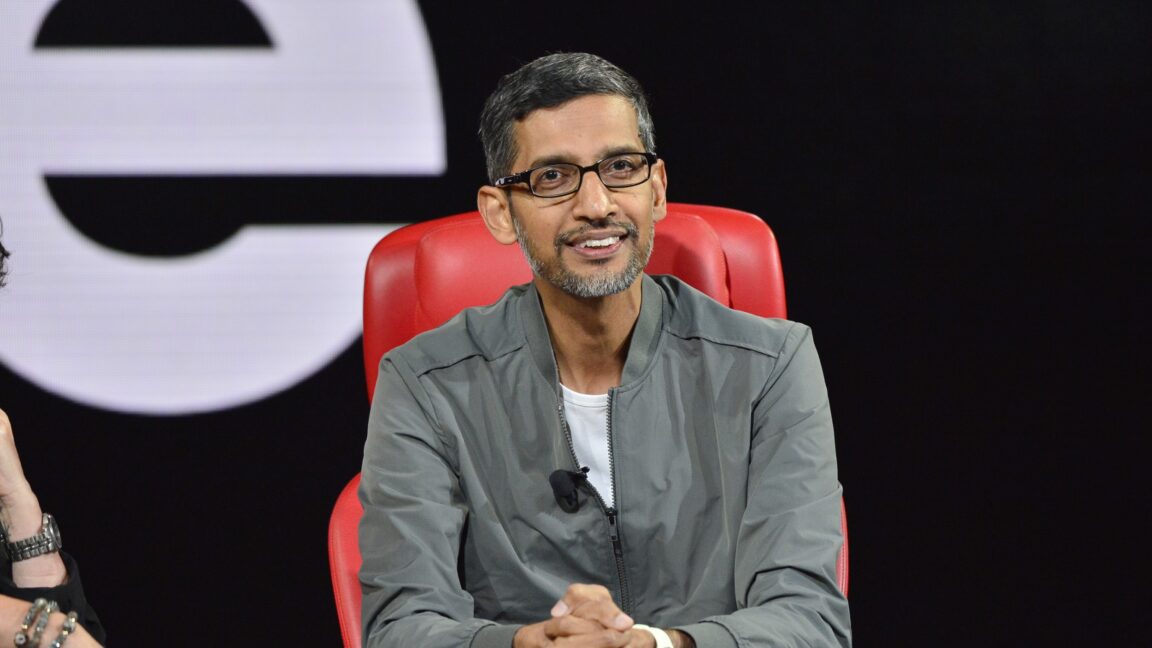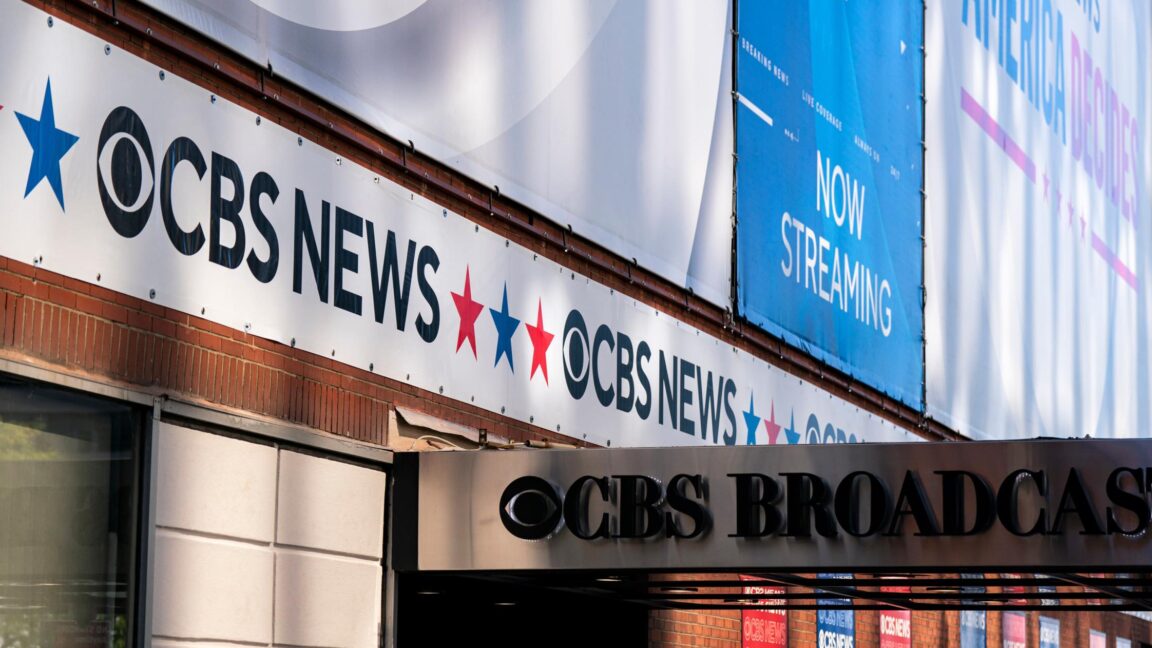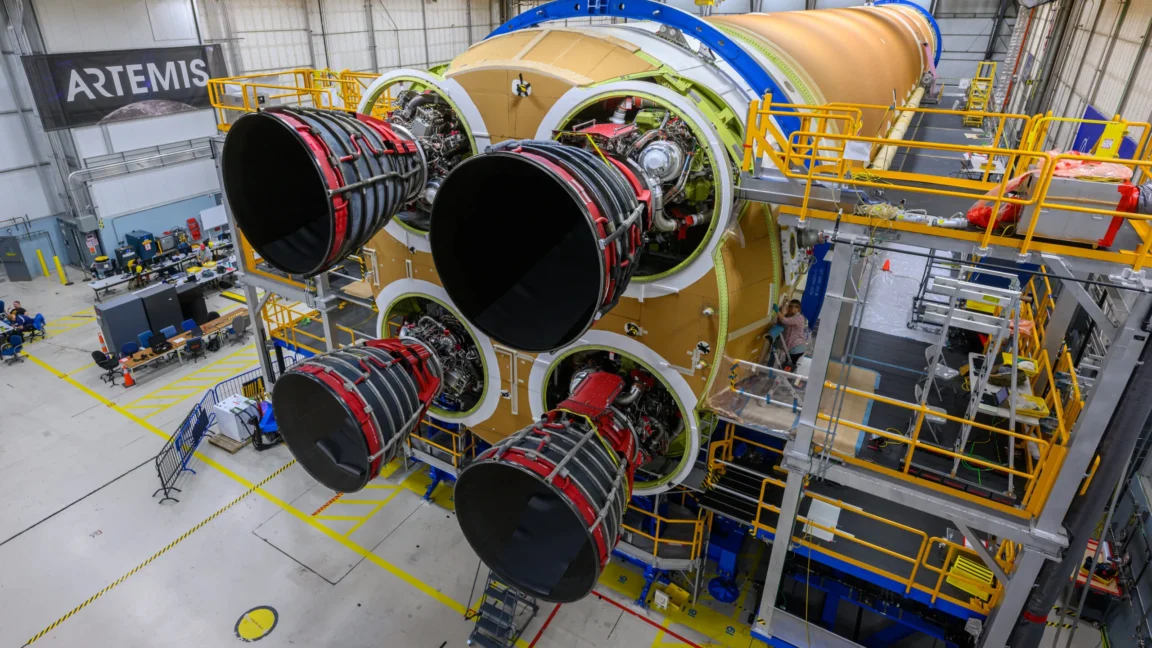Gen AI Is Not Replacing Jobs Or Hurting Wages At All, Say Economists
An anonymous reader quotes a report from The Register: Instead of depressing wages or taking jobs, generative AI chatbots like ChatGPT, Claude, and Gemini have had almost no wage or labor impact so far -- a finding that calls into question the huge capital expenditures required to create and run AI models. In a working paper released earlier this month, economists Anders Humlum and Emilie Vestergaard looked at the labor market impact of AI chatbots on 11 occupations, covering 25,000 workers and 7,000 workplaces in Denmark in 2023 and 2024. Many of these occupations have been described as being vulnerable to AI: accountants, customer support specialists, financial advisors, HR professionals, IT support specialists, journalists, legal professionals, marketing professionals, office clerks, software developers, and teachers. Yet after Humlum, assistant professor of economics at the Booth School of Business, University of Chicago, and Vestergaard, a PhD student at the University of Copenhagen, analyzed the data, they found the labor and wage impact of chatbots to be minimal. "AI chatbots have had no significant impact on earnings or recorded hours in any occupation," the authors state in their paper. The report should concern the tech industry, which has hyped AI's economic potential while plowing billions into infrastructure meant to support it. Early this year, OpenAI admitted that it loses money per query even on its most expensive enterprise SKU, while companies like Microsoft and Amazon are starting to pull back on their AI infrastructure spending in light of low business adoption past a few pilots. The problem isn't that workers are avoiding generative AI chatbots -- quite the contrary. But they simply aren't yet equating to actual economic benefits. "The adoption of these chatbots has been remarkably fast," Humlum told The Register. "Most workers in the exposed occupations have now adopted these chatbots. Employers are also shifting gears and actively encouraging it. But then when we look at the economic outcomes, it really has not moved the needle." Humlum said while there are gains and time savings to be had, "there's definitely a question of who they really accrue to. And some of it could be the firms -- we cannot directly look at firm profitability. Some of it could also just be that you save some time on existing tasks, but you're not really able to expand your output and therefore earn more. So it's like it saves you time writing emails. But if you cannot really take on more work or do something else that is really valuable, then that will put a damper on how much we should actually expect those time savings to affect your earning ability, your total hours, your wages." "In terms of economic outcomes, when we're looking at hard metrics -- in the administrative labor market data on earnings, wages -- these tools have really not made a difference so far," said Humlum. "So I think that that puts in some sense an upper bound on what return we should expect from these tools, at least in the short run. My general conclusion is that any story that you want to tell about these tools being very transformative, needs to contend with the fact that at least two years after [the introduction of AI chatbots], they've not made a difference for economic outcomes." Read more of this story at Slashdot.

Read more of this story at Slashdot.










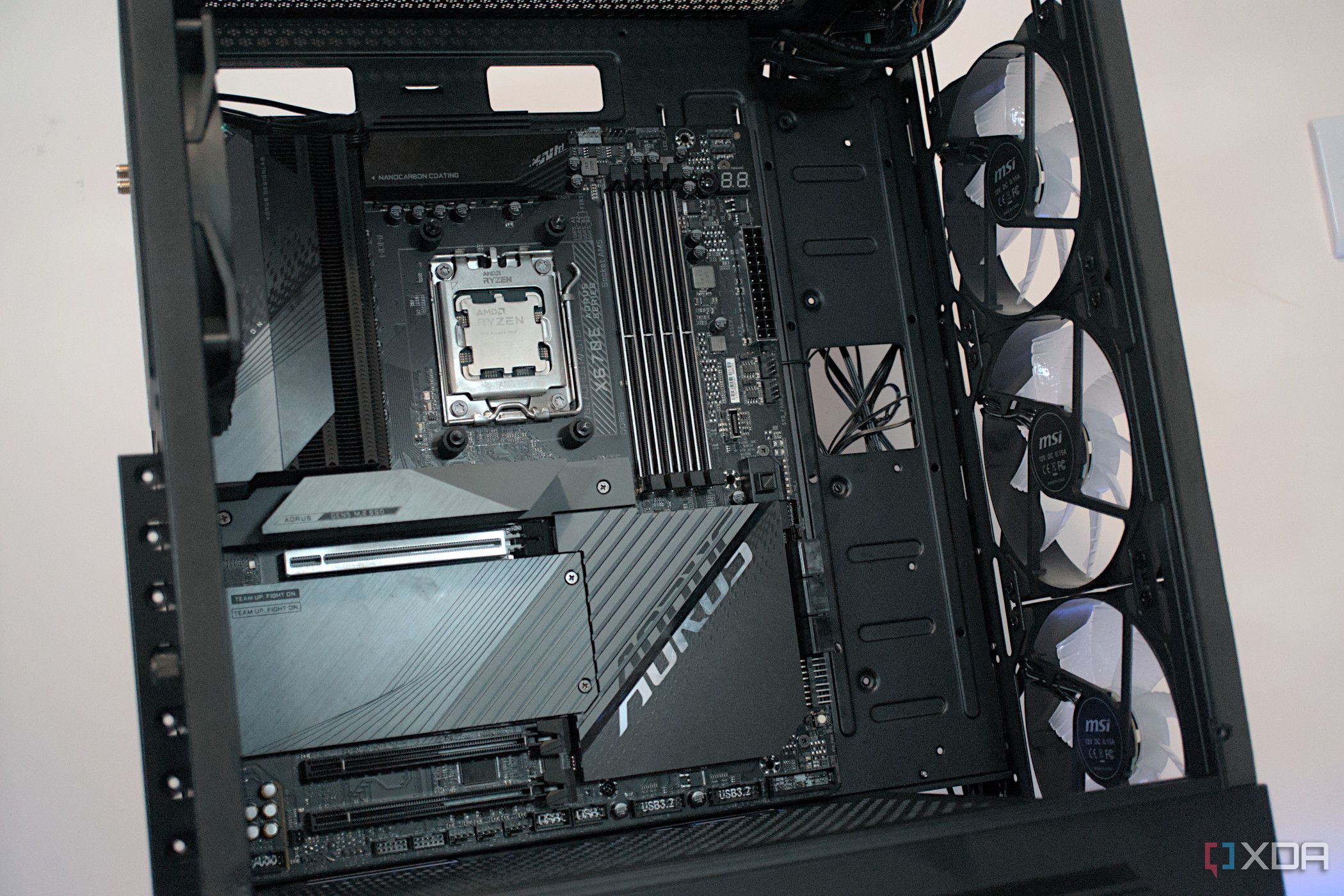









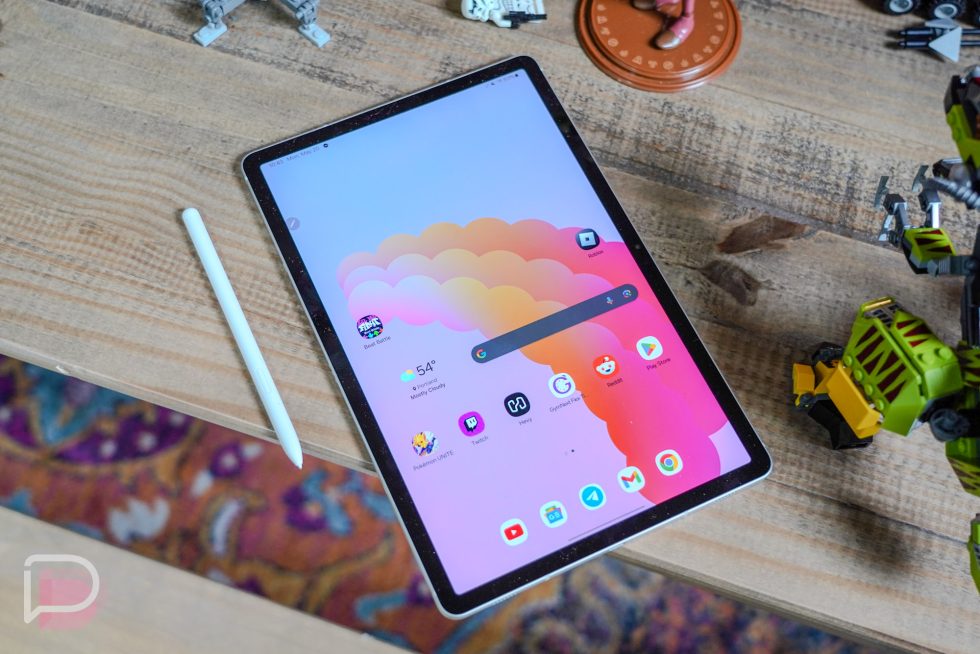





















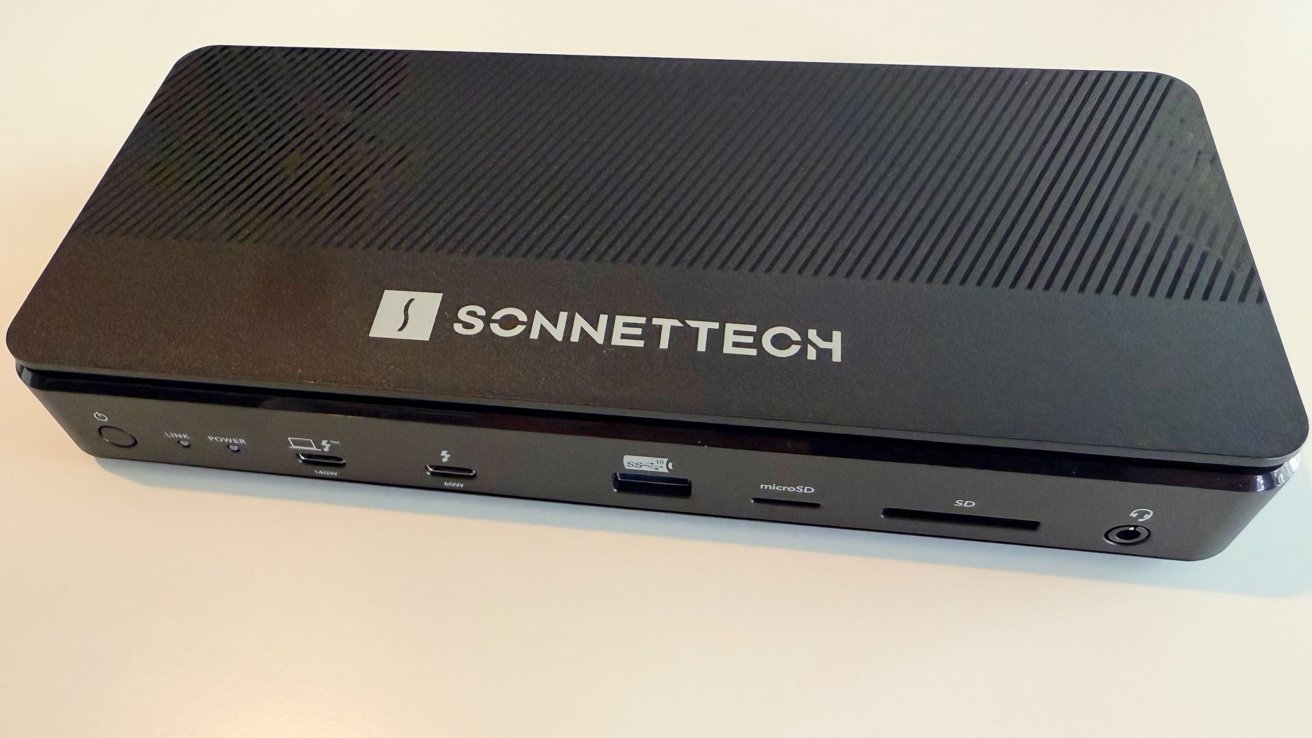


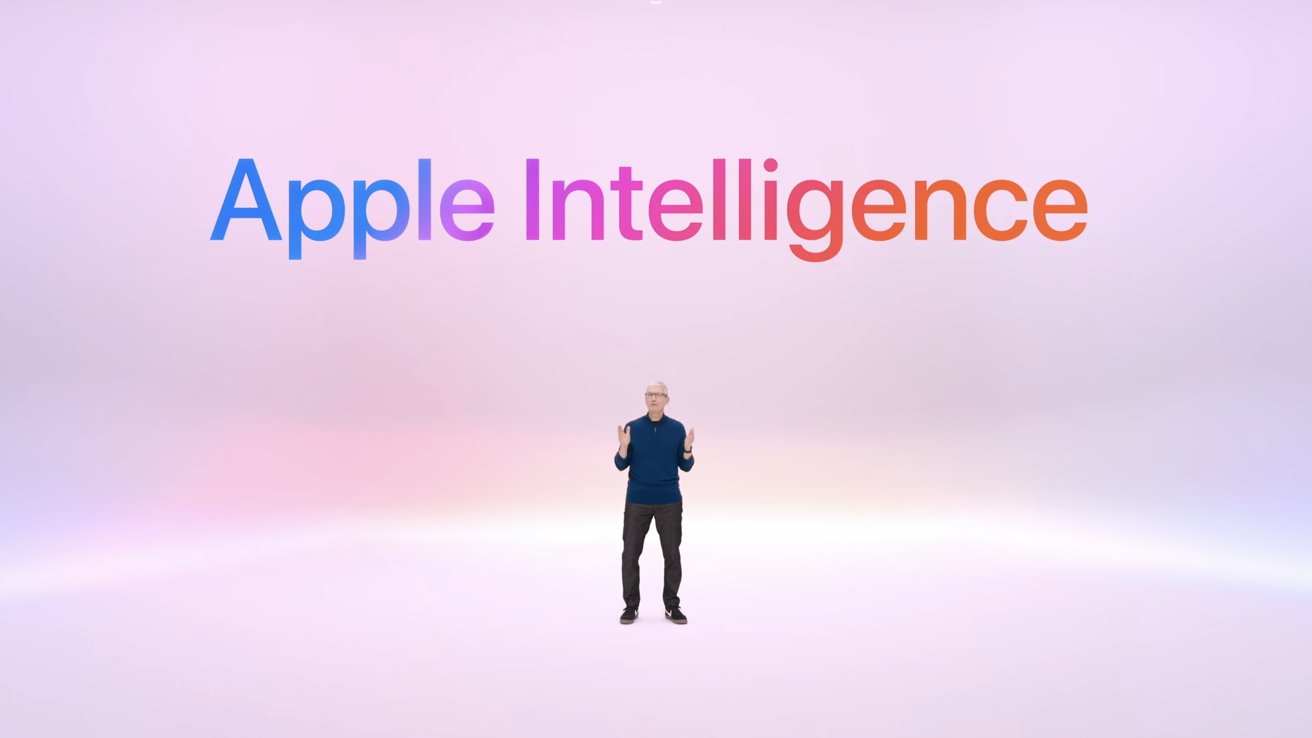



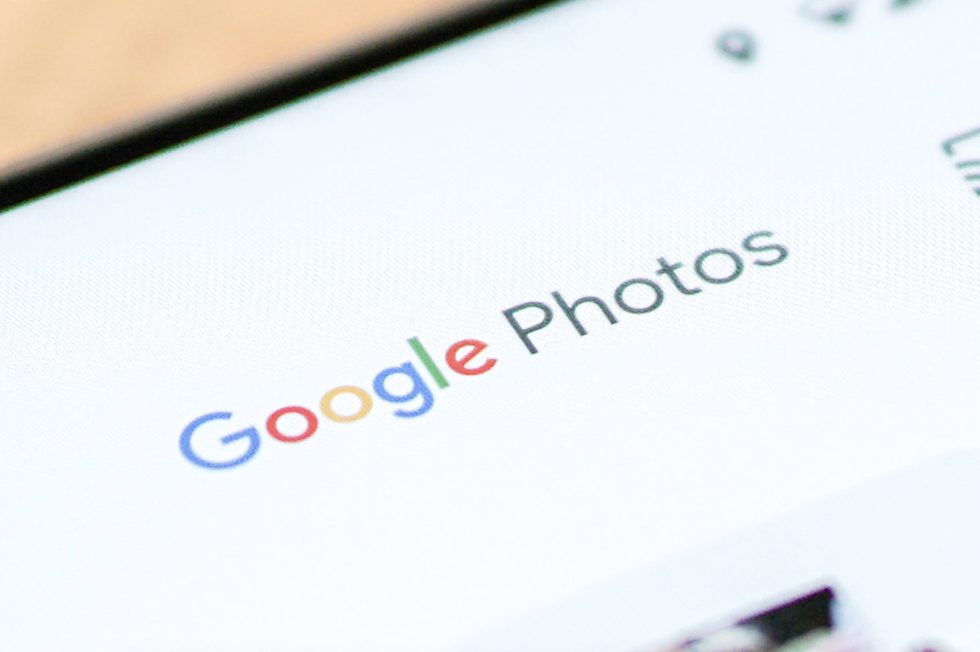
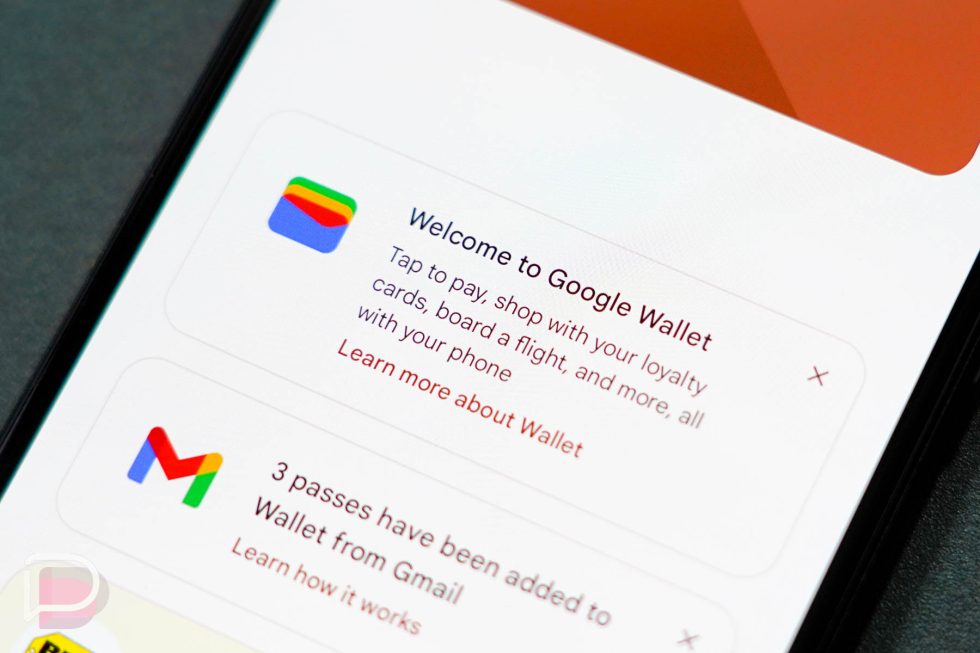



















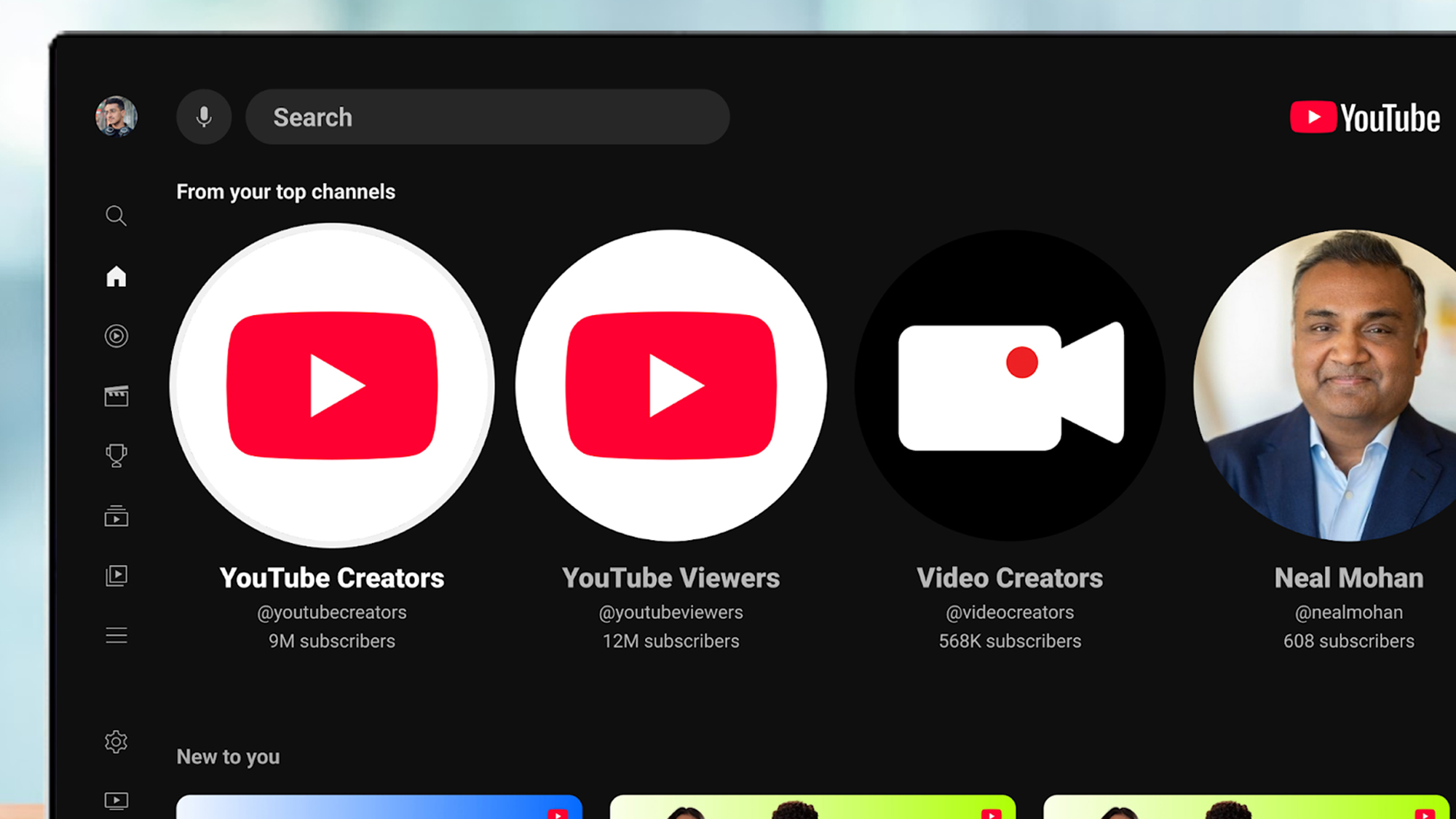


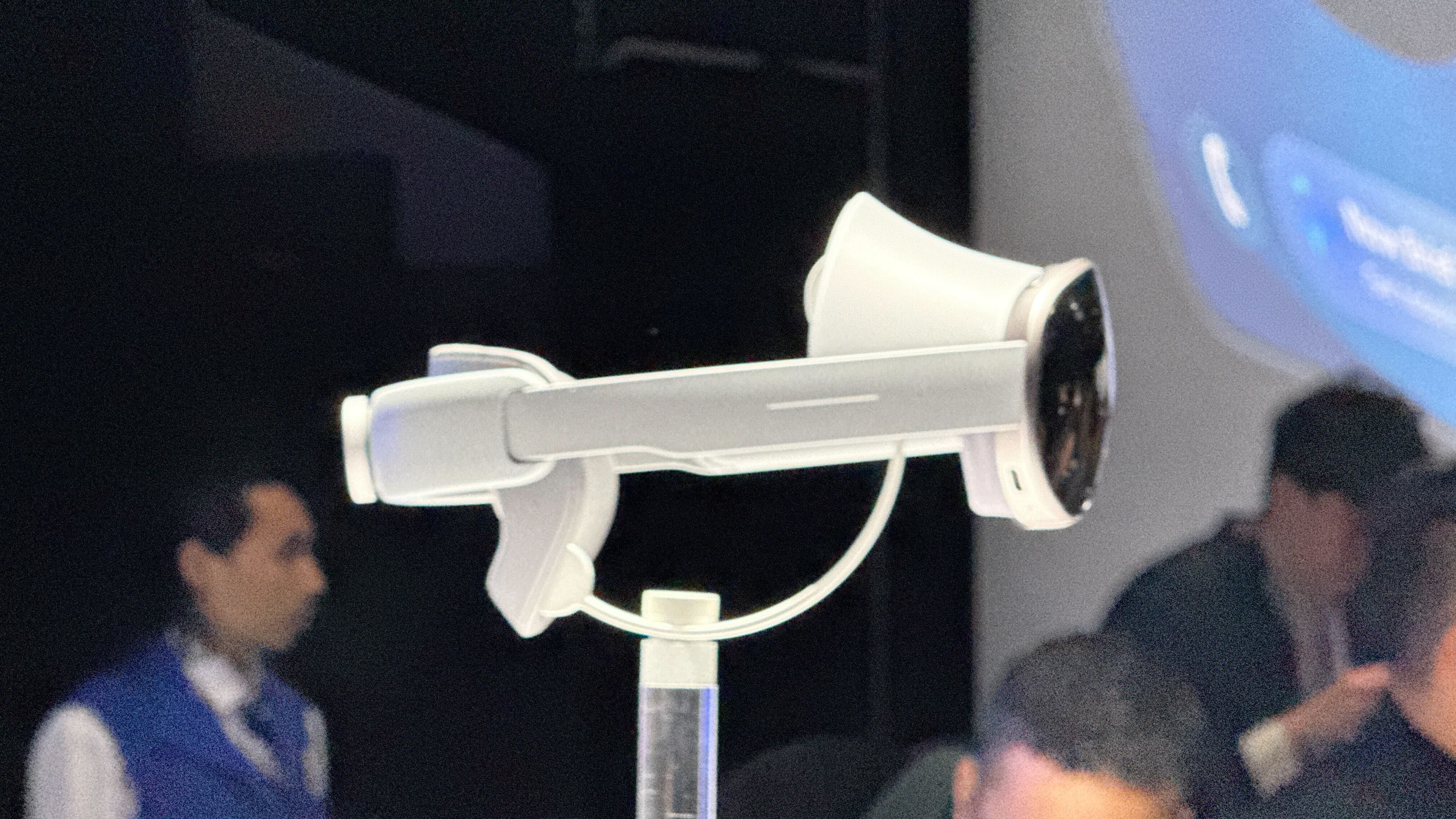








![[Free Webinar] Guide to Securing Your Entire Identity Lifecycle Against AI-Powered Threats](https://blogger.googleusercontent.com/img/b/R29vZ2xl/AVvXsEjqbZf4bsDp6ei3fmQ8swm7GB5XoRrhZSFE7ZNhRLFO49KlmdgpIDCZWMSv7rydpEShIrNb9crnH5p6mFZbURzO5HC9I4RlzJazBBw5aHOTmI38sqiZIWPldRqut4bTgegipjOk5VgktVOwCKF_ncLeBX-pMTO_GMVMfbzZbf8eAj21V04y_NiOaSApGkM/s1600/webinar-play.jpg?#)


































